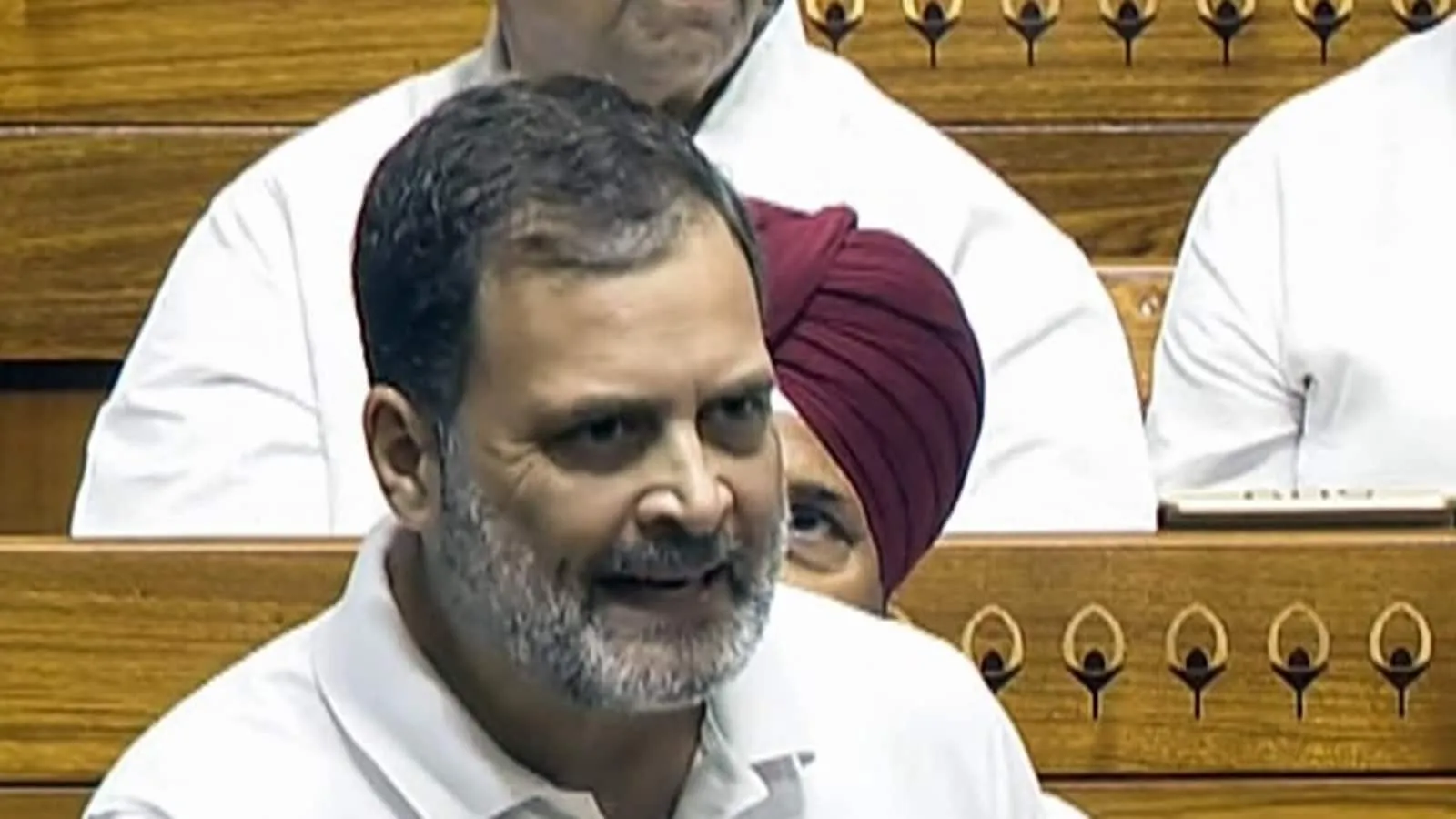Japanese Prime Minister Ishiba Faces Pressure to Resign
Japanese Prime Minister Ishiba is under growing pressure to step down as his ruling Liberal Democratic Party and its coalition partner, Komeito, have lost their majority in both houses of parliament in Japan. This loss has shaken Ishiba’s hold on power and has caused political instability in the country.
Challenges Faced by Ishiba
Despite facing calls to resign after the election results, Ishiba announced his intention to stay on and tackle urgent issues like tariff negotiations with the U. S. The loss of majority in parliament has made it harder for his government to achieve its policy objectives.
Japanese media speculate that Ishiba may announce his resignation in August following the tariff deal with the U. S. Reports suggest that he could step down by the end of July.
Party Leadership and Trade Deal
The Yomiuri newspaper reported that Ishiba is likely to resign soon and a party leadership vote will be held to choose his successor. Despite these reports, Ishiba has denied such claims and expressed his focus on the U. S. trade deal that impacts various Japanese industries.
Ishiba welcomed the trade agreement with the U. S., which reduces tariffs on Japanese goods, calling it a result of tough negotiations that benefit both countries and promote job creation and investment.
Voters’ Response and Opposition Parties
In the recent election, voters discontent with rising prices and stagnant wages turned towards conservative and right-wing populist parties like the Democratic Party for the People and Sanseito. While opposition parties are not forming alliances with the ruling coalition, they show willingness to cooperate on policy matters.
Overall, Japanese Prime Minister Ishiba faces a challenging political landscape as he navigates through internal party pressures and external policy issues.
For more information, you can visit official news portals like BBC News – Japan.





